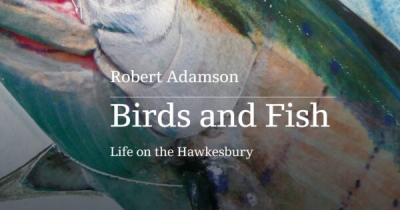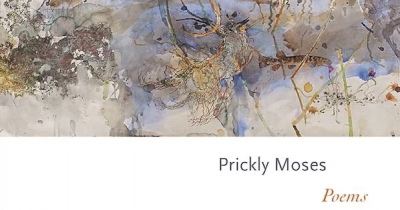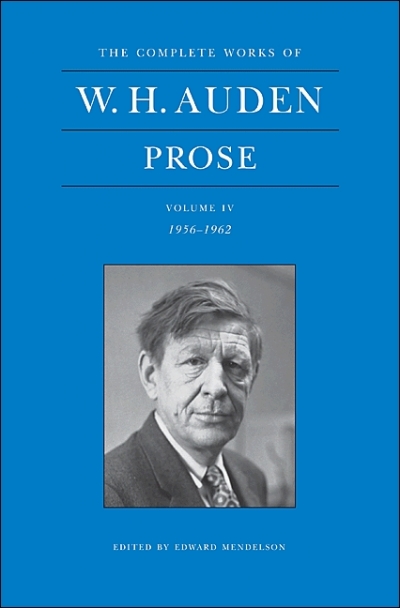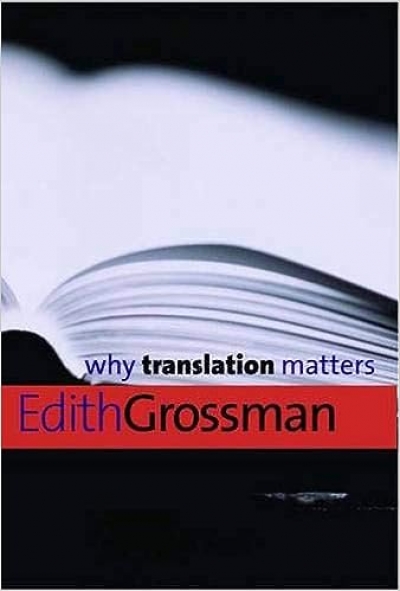Simon West
Birds and Fish: Life on the Hawkesbury by Robert Adamson, edited by Devin Johnston
Peter Kenneally reviews 'The Law of Poetry' by MTC Cronin, 'The Ladder' by Simon West, 'Jam Sticky Vision' by Luke Beesley, 'Immune Systems' by Andy Jackson, and 'The Hour of Silvered Mullet' by Jean Kent
With her first book, Zoetrope, in 1995, MTC Cronin announced herself as a very particular force in Australian poetry. It was not just that her début was so much more immediately arresting than most poets' first outings, but also that it had real authority. This authority, coming from force of intellect and a kind of absolutist, almost inscribed imagination ...
The Complete Works of W.H. Auden, Prose, Vol. IV 1956–1962 edited by W.H. Auden
'Hautes Fenêtres: Thoughts on the place of translation in recent Australian poetry' by Simon West
In a 1995 interview for the Paris Review, Ted Hughes was asked if the 1960s boom in translated poetry, particularly with series such as the Penguin Modern European Poets, had influenced poetry written in England. ‘Has it modified the British tradition!’ he replied. ‘Everything is now completely open, every approach, with infinite possibilities. Obviou ...





